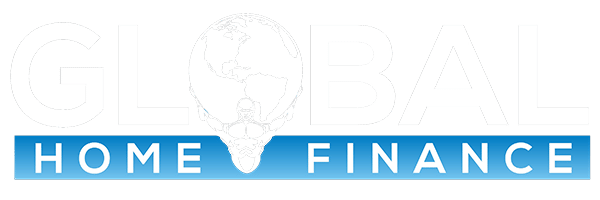When you work on your application for a mortgage loan, you should know the difference between a retail loan officer and a licensed Residential Mortgage Loan Originator working for a mortgage broker. Since both give the same outcome (obtaining financing for your home), it’s common to confuse the two. Yet it will be helpful to understand how they differ so you know what to expect from them as you enter your mortgage application process.
Mortgage Brokers
During the mortgage loan process, an individual or firm who is an independent agent for the mortgage loan applicant, that’s you, as well as the lender is a mortgage broker. Your mortgage broker will stand as a facilitator between you and the lending institution; which may be a credit union, bank, trust company, finance company, mortgage corporation, or even an individual investor. Which lender offers the loan program that is best for you? What lender is giving the best rate today? What lender has the lowest closing costs today? A mortgage broker will help you find the right fit and can utilize many tools to help save you money when deciding where to place your mortgage. You give your loan application to your broker, who then works toward the goals you told them during your initial communications to find the best lender and product for your wants, needs and qualifications. Your mortgage broker then assists your work with the lender chosen until the loan closes. The borrower may pays a commission through settlement to the broker only when the loan closes or they may choose to have the lender pay the brokers fee through a lender premium credit. On average customers pay about .625% of the loan amount less in closing costs, for the same rate, when using a mortgage broker versus a retail loan officer!
What is a Retail Loan Officer?
The most important difference between a mortgage broker and a loan officer is that a loan officer works on behalf of a lending institution (a bank, credit union, or others) to process loans solely originated from that institution. They may have the ability to promote loans to fit many different situations, but all the loans will be products of the same lender. They are generally not licensed and required to pass state mandated testing, but exempted by their banking institutions training and bank status. Most Retail Loan Officers end up working for Mortgage Brokers when they gain enough experience. Many large banks higher their retail loan officers straight from college with finance degrees or from other industries with sales experience, but little to no mortgage origination experience.
A retail loan officer (also called an “account executive” or “loan representative”) speaks to the borrower but works for the lender. A loan officer will walk the borrower through the selection, and application of the loan and then hand the loan off to a processor and underwriter to approve the loan and then hopefully close the loan. Either a salary or commission is given to loan officers by their employers. The loan officer only sells their bank’s mortgage products and rates. The guidelines can be very restrictive depending on the lending institution’s policies.
Looking for a Mortgage? Call 972-724-3222.






